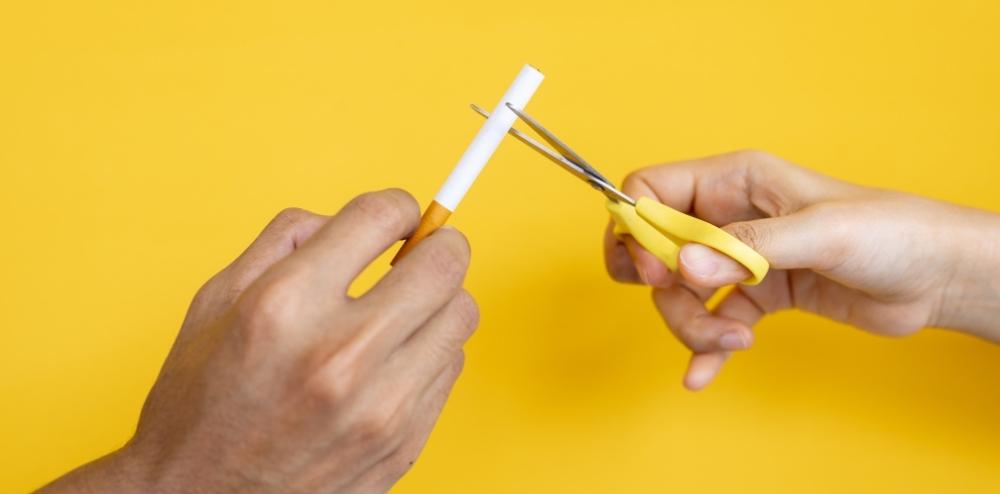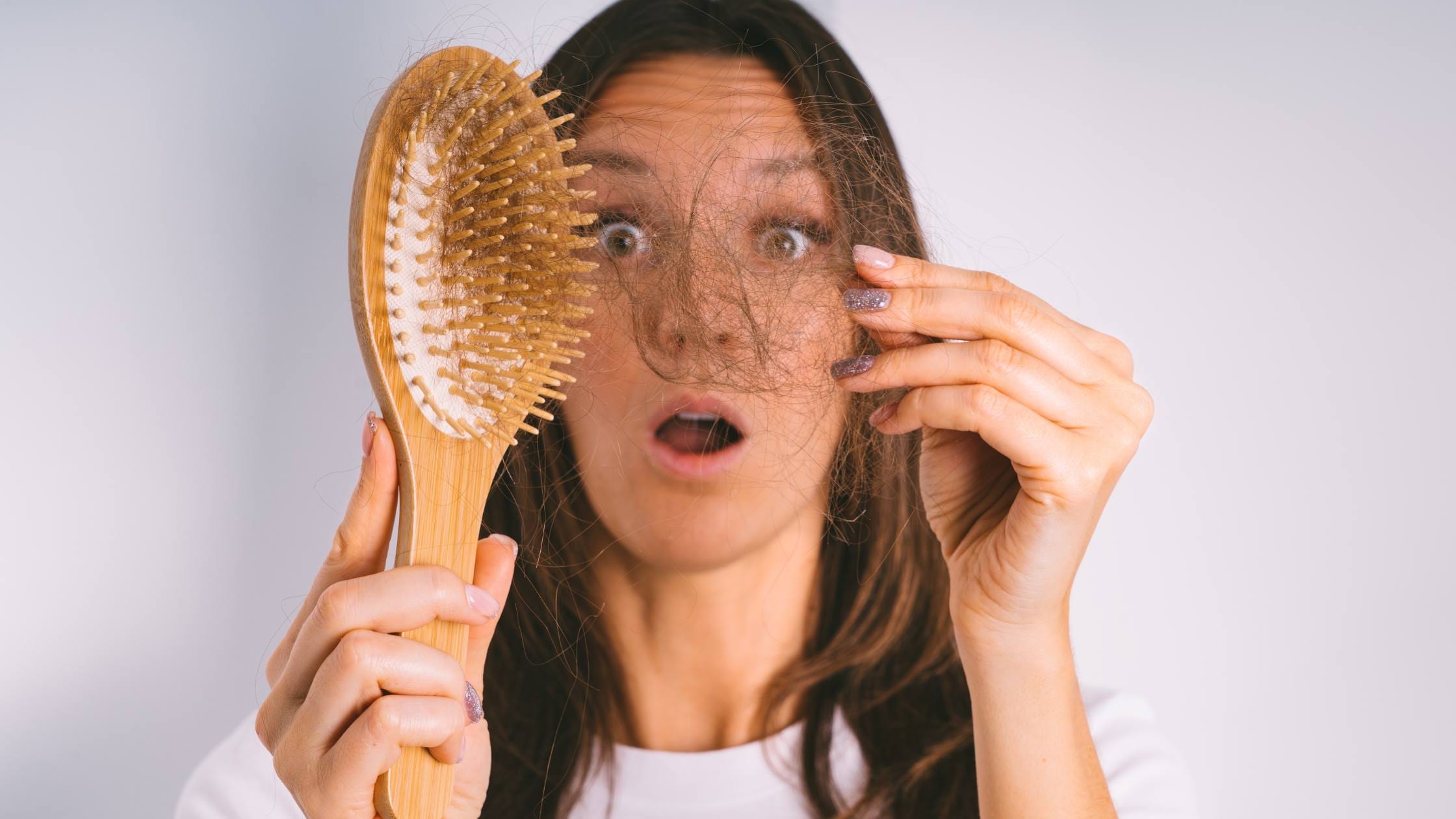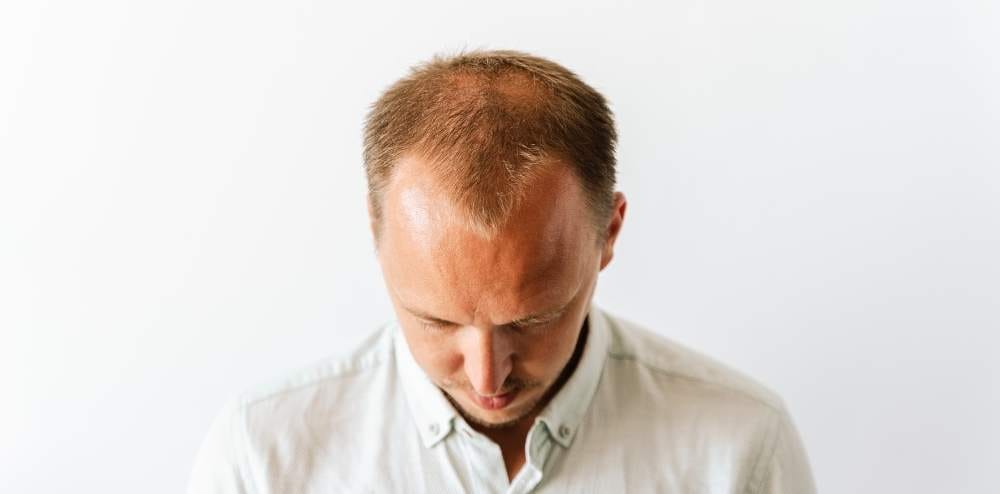Hair transplant surgery has become increasingly popular in recent years, offering a solution for those struggling with hair loss. However, for those who smoke, it’s important to understand how smoking can impact the results of hair transplant surgery. In this blog post, we will explore the effects of smoking on hair transplant surgery, including vasoconstriction, slow tissue healing, excessive crusting and scabbing, adverse effects on anesthesia, and the correlation between smoking and hair loss. Additionally, we will discuss effective methods for quitting smoking before and after the transplant procedure.
How Does Smoking Affect Hair Transplant Surgery?
Smoking has a significant impact on the body’s ability to heal and recover from surgery. This includes hair transplant surgery. When a person smokes, it restricts the flow of oxygen and nutrients to the surgical site, which can delay the healing process and negatively impact the results of the transplant.
Vasoconstriction Effect
One of the main effects of smoking on hair transplant surgery is vasoconstriction. Vasoconstriction is the narrowing of blood vessels, which restricts the flow of oxygen and nutrients to the surgical site. This can delay the healing process and increase the risk of complications, such as infection, scarring, and poor growth of transplanted hair.
Slow Tissue Healing Effect
Smoking also slows down the tissue healing process, which can impact the results of hair transplant surgery. During a hair transplant, the scalp is incised and hair follicles are transplanted from one part of the scalp to another. If the healing process is slowed down due to smoking, it can affect the growth of the transplanted hair and lead to poor results.
Excessive Crusting and Scabbing
Smoking can also cause excessive crusting and scabbing at the surgical site, which can further delay the healing process. The formation of crusts and scabs can also interfere with the growth of transplanted hair and impact the final results.
Smoking Adverse Effects on Anesthesia during Hair Transplant
Smoking can also have adverse effects on the use of anesthesia during hair transplant surgery. Anesthesia is used to control pain and discomfort during the procedure. Smoking can cause complications with the use of anesthesia, such as increased heart rate and decreased oxygen levels, which can put the patient at risk during surgery.
Correlation between Smoking and Hair Loss
In addition to impacting hair transplant surgery, smoking is also a risk factor for hair loss. Studies have shown that smoking can contribute to hair loss and may even accelerate the process.
Effects of Smoking Before Hair Transplant
It is important to quit smoking before undergoing hair transplant surgery. This will help to reduce the risk of complications, promote faster healing, and ensure the best possible results.
Effects of Smoking After Hair Transplant
It’s also important to avoid smoking after hair transplant surgery to promote healing and ensure the best possible results. Continuing to smoke after surgery can delay the healing process, increase the risk of complications, and negatively impact the growth of transplanted hair.
Effective Methods to Quit Smoking Before and After the Transplant Procedure
If you are a smoker and considering hair transplant surgery, quitting smoking should be a top priority. There are many effective methods for quitting smoking, including nicotine replacement therapy, prescription medications, and behavioral therapy. Your healthcare provider can help you find the best approach for you.
In conclusion, smoking has a significant impact on hair transplant surgery, including vasoconstriction, slow tissue healing, excessive crusting and scabbing, adverse effects on anesthesia, and the correlation between smoking and hair loss. Quitting smoking before and after the procedure can help reduce the risk of complications, promote faster healing, and ensure the best possible results. If you are considering hair transplant surgery, it is important to discuss your smoking habits with your healthcare provider and take the necessary steps to quit smoking in order to achieve the best possible outcome. With proper planning and preparation, you can achieve a successful hair transplant and enjoy a fuller, healthier head of hair.



